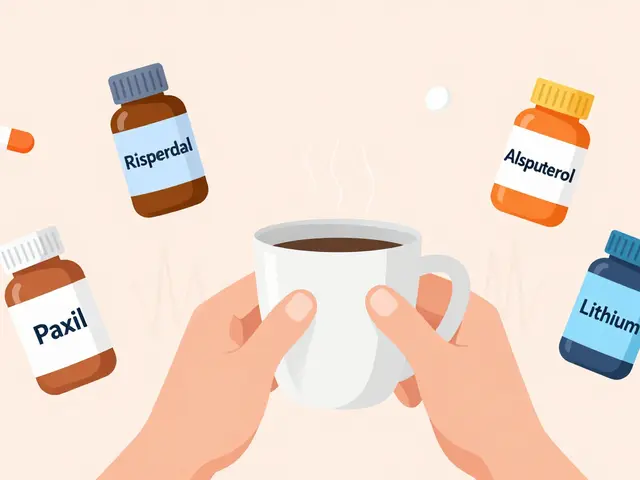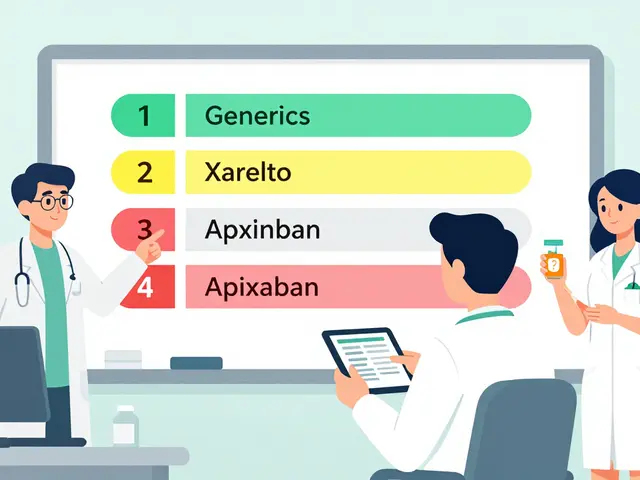Runny Nose: What Works Fast and When to Get Help
A runny nose can be more than annoying. A bad cold or allergy flare can make your nose produce a lot of mucus—sometimes enough to fill a cup in a day. The good news: most runny noses get better with simple care. Below I’ll explain easy fixes you can use right now, what medicines help, and clear signs it’s time to see a doctor.
What’s causing it?
Knowing the cause helps you treat it. Viral colds usually start with sneezing, sore throat, and watery then thicker mucus. Allergies bring itchy eyes, repeated sneezing, and clear, watery drip. Sinus infections often mean facial pressure, thick yellow or green discharge, and symptoms that last more than 10 days. If you can spot the pattern, you’ll choose the right treatment faster.
Quick home fixes that actually help
Use saline nasal rinses or sprays. They’re safe, cheap, and relieve both kids and adults by flushing mucus and allergens. Try a warm steam shower or a humidifier to loosen mucus—perfect at night. Stay hydrated; thin mucus drains faster. For kids under 2, use saline drops and a bulb suction for comfort. Avoid strong fragrances and smoke—they make symptoms worse.
Over-the-counter options: oral antihistamines like cetirizine or loratadine help if allergies are the cause. For short-term relief of severe congestion, pseudoephedrine works well but can raise blood pressure and cause jitteriness—check with your doctor if you have heart problems. Nasal decongestant sprays (oxymetazoline) help quickly but only use for up to 3 days to avoid rebound congestion.
Don’t expect colored mucus to always mean bacteria. Thick yellow or green mucus is common in viral infections. Antibiotics are usually unnecessary unless a doctor confirms a bacterial sinus infection.
Home remedies that don’t help much: spicy food can temporarily clear your nose, but honey, vitamin C, or zinc have mixed evidence. Use them with realistic expectations.
Kids need extra care. Never give OTC decongestants to children under 4–6 years without medical advice. Saline and suctioning are safe and often all a toddler needs.
When to call a doctor
See a doctor if you have a high fever, severe facial pain, swelling around the eyes, blood in mucus, symptoms lasting more than 10–14 days, or if breathing is hard. If you have chronic allergies or repeated sinus infections, a doctor can recommend longer-term treatments like nasal steroid sprays or allergy testing.
Simple changes—saline rinses, humid air, the right OTC medicine—fix most runny noses. If you’re unsure what’s causing yours, or if symptoms are severe, get medical advice to avoid complications and get back to normal faster.
Can a runny nose be a sign of a more serious health issue?
In my recent research, I've found that a runny nose can indeed be a sign of more serious health issues. Often, it's a symptom of the common cold, but it could also indicate allergies or sinusitis. However, when it's accompanied by persistent symptoms like high fever, severe headaches, or thick green mucus, it could be a sign of a more serious infection. In rare cases, a chronic runny nose might even be linked to brain fluid leakage. So, while a runny nose is usually nothing to worry about, it's important to pay attention to any accompanying symptoms and seek medical advice if needed.
View More



